The Newsreader has already caught a lot of attention for the way in which it weaves together a strong sense of contemporary Australia with a recapitulation of the recent past. There’s confident diversity casting but there’s also a sense of the real voices of the past: the Hoddle Street massacre, the actual words of Paul Keating when he ruled the re-shaped economy with a rod of iron. And through all this there has been the central couple, the newsreaders themselves, Anna Torv and Sam Reid. There have been complications like the journalist who wants to dish the dirt about a long-ago breakdown of Torv’s and there has been the ongoing drama of Reid’s bisexuality and how (if at all) it might resolve itself. Well, the final episode of the second series is full of unexpected changes but the final development shows the scope and power of this apparently quiet home-grown show. There is a metamorphosis so electrifying it would be wrong to summarise but let’s simply say that it has shades of The Godfather. What’s that simple but spine-chilling phrase from Milton’s Paradise Lost? ‘Evil be thou my good’. The Newsreader has a simple contextual premise and the fusion of different temporal and historical perspectives has always been part of its charm but it’s a bit breathtaking that it can provide the kind of dramatic change it’s come up with here.
The long arm of national endeavour is always going to touch us because being Australian is something we both brag about and which also complicates our apprehension of the great English language imperium we’re a part of. All of this feeds into the recent Australian Story about Silverchair, the rock band from Newcastle that conquered the world but then went on to self-destruct in a way that’s poignant to see the band members recollecting with such a combination of self-reproach and tender feeling for the companions of their youth. This is true of the drummer Ben Gillies (who went on to marry Jackie from The Real Housewives of Melbourne) and Chris Joannou, the bass guitarist who succeeded in building up a restaurant business in his hometown only to see it destroyed by fire before falling ill with cancer followed by heart attacks (and who has been supported through all this by his old mate Ben). Plenty of wholly believable talk about idiocies and betrayal and the demon grog and the wasting lure of drugs. All of which is touching and modest and underlines the way a vast Australian success which turns into a raging and spectacular international success is compatible with the simplicities and loyalties of the Newcastle world the Silverchair boys came from.
But what gives this doco a wholly different edge is the fact that the lead singer Daniel Johns has refused to reconcile with the other band members. We see him sweeping like a comet at the edges of this episode of Australian Story. There’s that high and mighty satanic handsomeness, that aloofness and allure that makes you ponder just how integral the lead singer is to a band. Yes, there are the McCartneys as well as the Lennons: Mick could never have had the majesty he had without Keith underwriting him in a way that was both subtle and obvious. But you get the strongest sense with Silverchair and Daniel Johns’ distance from the boys he once made music with of an absolute disdain that was somehow inseparable from his glamour and his talent. The sadness of the situation but also the power of the alienation is indicated by the fact that the first episode of the doco can no longer be shown, presumably for copyright reasons, and because of Johns’ objections to it. His account of his years in the band and those subsequent to it come to remarkable life in the astonishing 2021 podcast Who is Daniel Johns?
Mercifully things sometimes go in the opposite direction. On 7 to 9 March the Melbourne Symphony Orchestra is presenting a concert in honour of Olivia Newton-John. You can see David Campbell and Christie Whelan Browne performing songs associated with Newton-John under the baton of Jessica Gethin. Tottie Goldsmith is compering and the whole shebang will support the Olivia Newton-John Cancer Wellness Centre.
Olivia Newton-John came from a different spot on the Australian cultural map from Silverchair: her father was the Master of Ormond College at the University of Melbourne but some baby boomers can still remember the gorgeous fellow teen on Channel 7’s The Happy Show, the kids nightly variety show with Happy Hammond the man in the hat and it was a bit staggering when young Olivia became John Travolta’s partner in Grease. Such an astonishing mistress of song and dance.
The MSO concert is an indication of what a crossover world the arts inhabit. If you want an associative example who would ever have thought that the John Travolta of Grease would go on to play with such deadly elan the Bill Clinton-like figure in Mike Nichol’s film of Primary Colors, one of the greatest satirical performances in the history of cinema.
When Glenn Close played Norma Desmond in Sunset Boulevard, Andrew Lloyd Webber’s musical based on the great Billy Wilder film about the silent screen star, some fraction of the theatre world were transfixed and that response continued when Debbie Byrne played the role here. Now we’re going to see the show again in a new production by Paul Warwick Griffin at Melbourne’s Princess Theatre in May with Sarah Brightman who created the role of Christine in The Phantom of the Opera and who is the singer most associated with Lloyd Webber’s work. She is a soprano – the world’s top-selling singer who falls into that category – and her voice has extraordinary grace and range. The fact that she’s doing Sunset Boulevard in this country – Sydney is to follow in August – will cause a stampede at the box office and tickets are in fact already on sale.
By the way, Andrew Lloyd Webber’s memoirs from 2018, Unmasked, were a compelling read whatever you think of his music. It’s interesting, too, that Christopher Hampton, that adaptor of genius – think of Dangerous Liasons with Glenn Close and John Malkovich – was one of the contributors to the musical Sunset Boulevard.
Got something to add? Join the discussion and comment below.
Get 10 issues for just $10
Subscribe to The Spectator Australia today for the next 10 magazine issues, plus full online access, for just $10.
You might disagree with half of it, but you’ll enjoy reading all of it. Try your first month for free, then just $2 a week for the remainder of your first year.

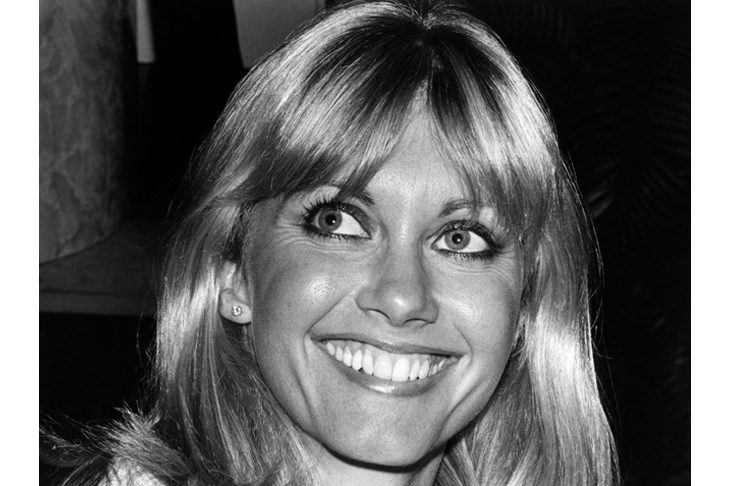
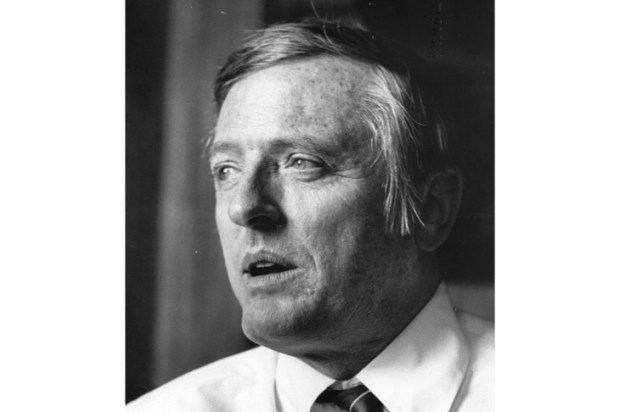
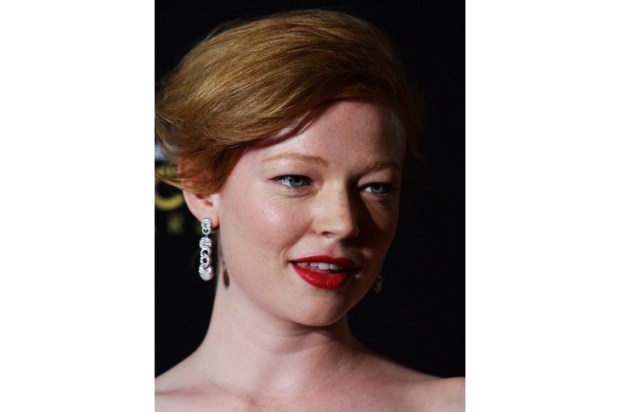

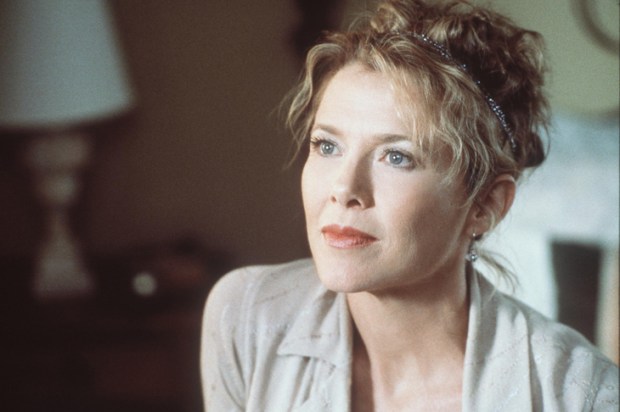
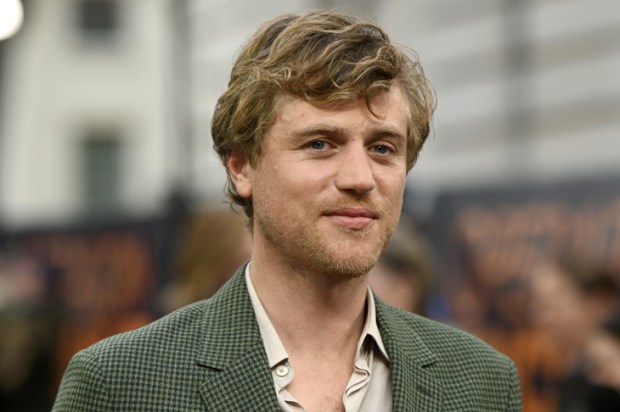
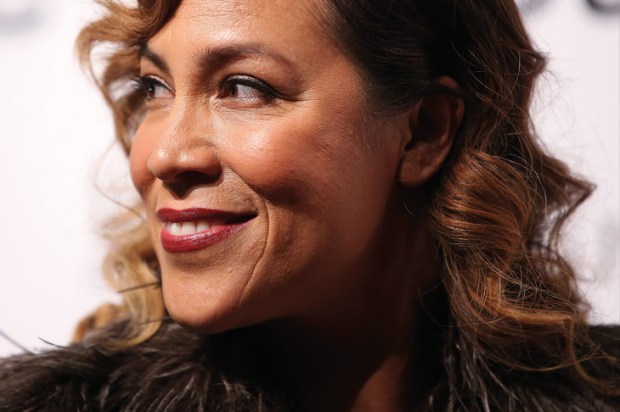






Comments
Don't miss out
Join the conversation with other Spectator Australia readers. Subscribe to leave a comment.
SUBSCRIBEAlready a subscriber? Log in